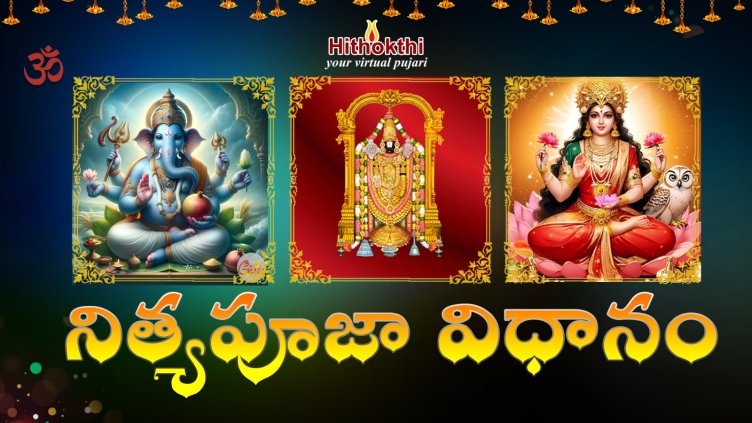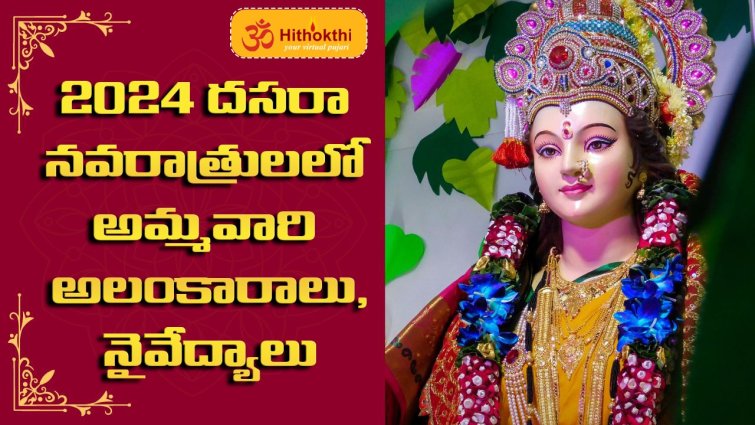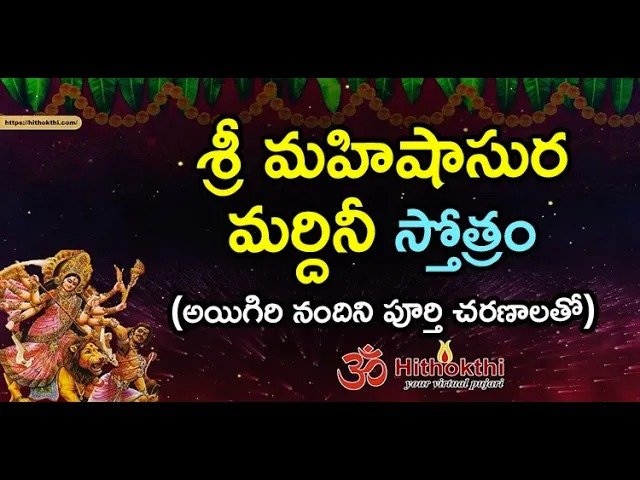Hoping for complete ban on PoP Idols
Nagpur, July 25, 2013: There is still some hope for a complete ban on idols made of Plaster of Paris (PoP). The National Green Tribunal (NGT) has asked the state pollution control boards (SPCB), including Maharashtra Pollution Control Board (MPCB), to prove that PoP is a water pollutant, if they want to ban idols and also ensure their sanctity. The NGT has also directed the boards to consider restrictions on height of idols and guidelines for immersion.
Hearing a petition filed by 14 idol makers from Gujarat, challenging the forest and environment department of Government of Gujarat's ban on PoP idols, the NGT has given three months to all SPCBs to study the issue and submit reports. The tribunal's order is likely in August, just before this year's Ganeshotsav.
Considering the NGT directives, MPCB constituted a five-member committee, including four experts from MPCB and one from Neeri. The board issued a circular on July 15 asking regional offices and laboratories to submit findings. MPCB member secretary VM Motghare said the report will be submitted to NGT a week before the deadline. The tribunal's order has asked for detailed information about the studies that have been completed.
The NGT principal bench's order of May 9 had quashed the Gujarat government's order to impose a ban on manufacture of PoP idols due to lack of proper legal process. However, the tribunal's observations on the PoP ban have given hope to those in favour of the ban.
The tribunal said, "PoP is not easily soluble in water. It gradually goes to the bed of the river or pond, after the idols or any other article made there from is immersed. It has potential to make the water alkaline, if it is excessively deposited at the pond or river bed or in the well. The excessive deposition of such PoP may, therefore, harm aquatic life as well as natural flow of pure water. However, these are not our findings at present."
"State governments may issue appropriate directions under section 33 (A) of The Water Act 1974, enacted to provide for the prevention, control and abatement of water pollution. Immersion of idols must not diminish obeisance for the gods/goddesses. One who has seen mutilated PoP idols resurging on surface of the seawater, after the high-tide is over, will not forget its pathetic sight and plight, which were at the centre of worshipping/pandals. The sight of such mutilated idols, some of them having broken hands, some of them having partly beheaded bodies, some of them having loss of legs, etc give serious jolt to the religious sentiments. We do not see any reason why idols of gods/goddesses should not have sanctity and due respect even after the immersion. We may observe that the use of PoP for making of not only Ganesh idols, but also any other idols or articles made of PoP, which are traditionally immersed in rivers, ponds, sea, or other water bodies deserves reasonable restrictions," the tribunal noted.
The tribunal further added that SPCBs or state governments should also decide and set norms for the height of PoP idols which are to be ultimately immersed, in accordance with the nature of the immersion places, even though PoP is not found to be an "environment pollutant". For example, the idols to be immersed into seawater may not be of more than 8-10ft height and the idols to be immersed in ponds may not be of more than 5ft height, so on and so forth. So also, the local bodies may be required to create temporary artificial ponds, in the absence of appropriate water resources like ponds, lakes, etc for purpose of immersion of PoP idols," the tribunal observed.
NMC may become part of historic judgement
The Nagpur Municipal Corporation (NMC) had taken the initiative to ban manufacture and sale of PoP idols in 2011, and it may become part of the historic judgement expected from the National Green Tribunal.
Considering the demand from greens and some sections of the society, NMC had passed a resolution in the general body on June 30, 2011, imposing a ban on manufacture and sale of PoP idols. The high court later directed the civic body to notify guidelines following all processes. Accordingly, the civic body came up with a draft policy, but did not propose a complete ban on PoP, citing lack of powers.
If some corporators are to be believed, NMC can always pass a resolution and request the state to impose a ban, since it has the power to do so. NMC can convey to the state its initiative and massive demand from social organizations and devotees themselves.
Last year's immersion at Sonegaon lake may be termed as historic, as devotees themselves decided not to immerse idols in lakes and performed the rituals in artificial tank constructed beside the lake. Thus, NMC's support for ban on PoP may become an example for MPCB to showcase before the NGT, highlighting positive response from citizens, greens and civic bodies.
The process in NMC is already underway and last date for filing suggestions and objections is August 5. After hearing all objections, the final draft will be tabled before the general body for a decision and then sent to the state government for notification.
Source: Times of India, July 25, 2013







